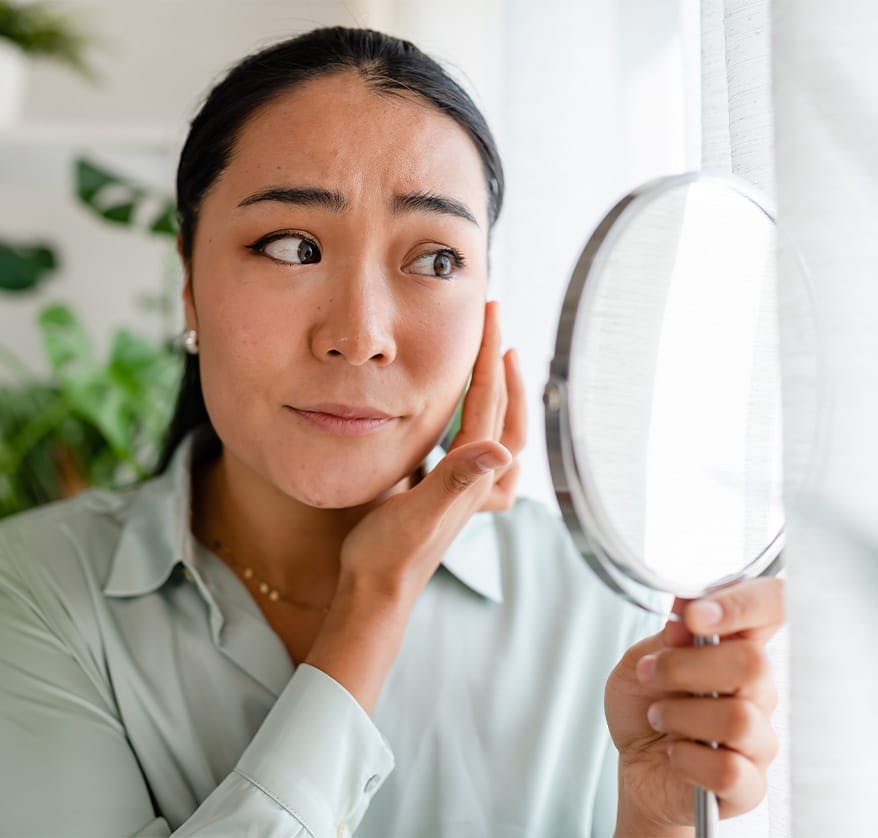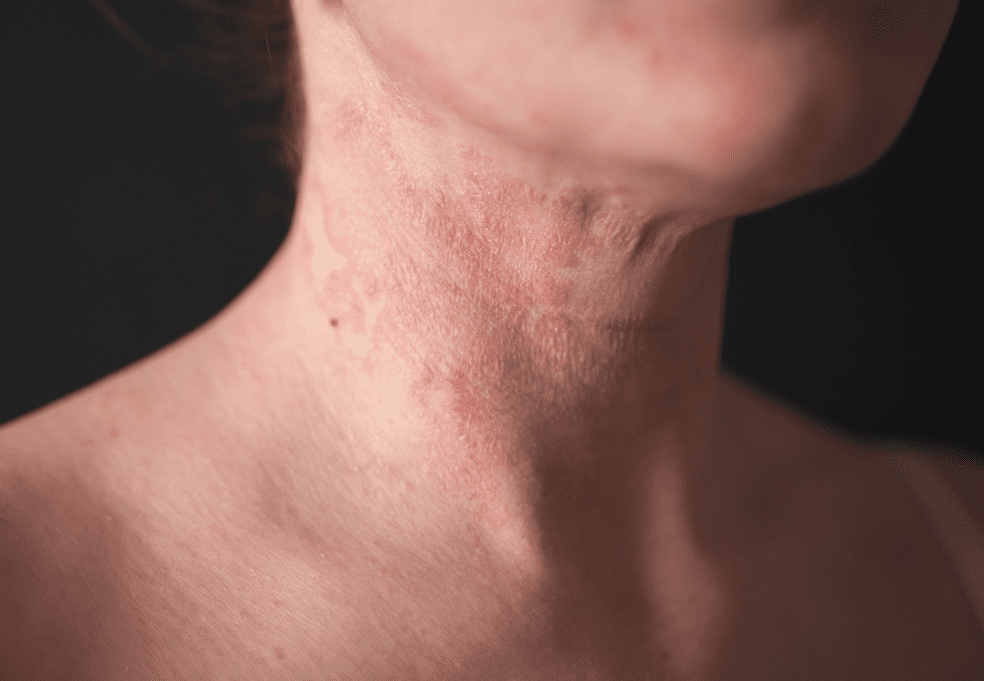Treating Your Eczema
A treatment plan will be created by your dermatologist that is unique to your needs. It is important to follow the plan prescribed by your doctor.
Most of these plans include:
- Skin care
- Medical therapies
- Tips to avoid flare ups
The exact treatment plan that is best for you and your eczema will depend on your medical history, eczema type, and personal preferences. Many treatments can help control eczema. Preventing itchiness or discomfort can be as simple as eliminating possible allergic triggers such as certain laundry detergents or avoiding wearing certain fabrics such as wool.
The most important step to treating this issue is to keep the skin well moisturized:
- Take a lukewarm shower for no more than 10 minutes.
- Use a mild soap with little fragrance.
- Dry your skin very carefully with the towel. Do not aggressively dry.
- Use a mild, fragrance-free lotion.
- The final piece of advice is to stop scratching. Scratching itchy skin may make symptoms more pronounced and could irritate the skin further.





